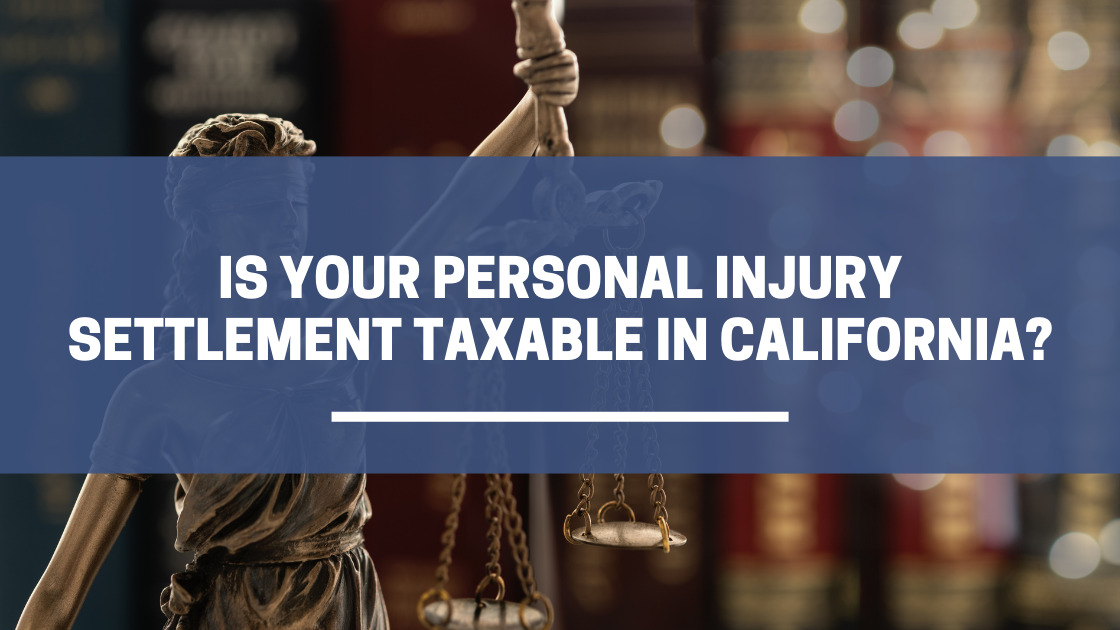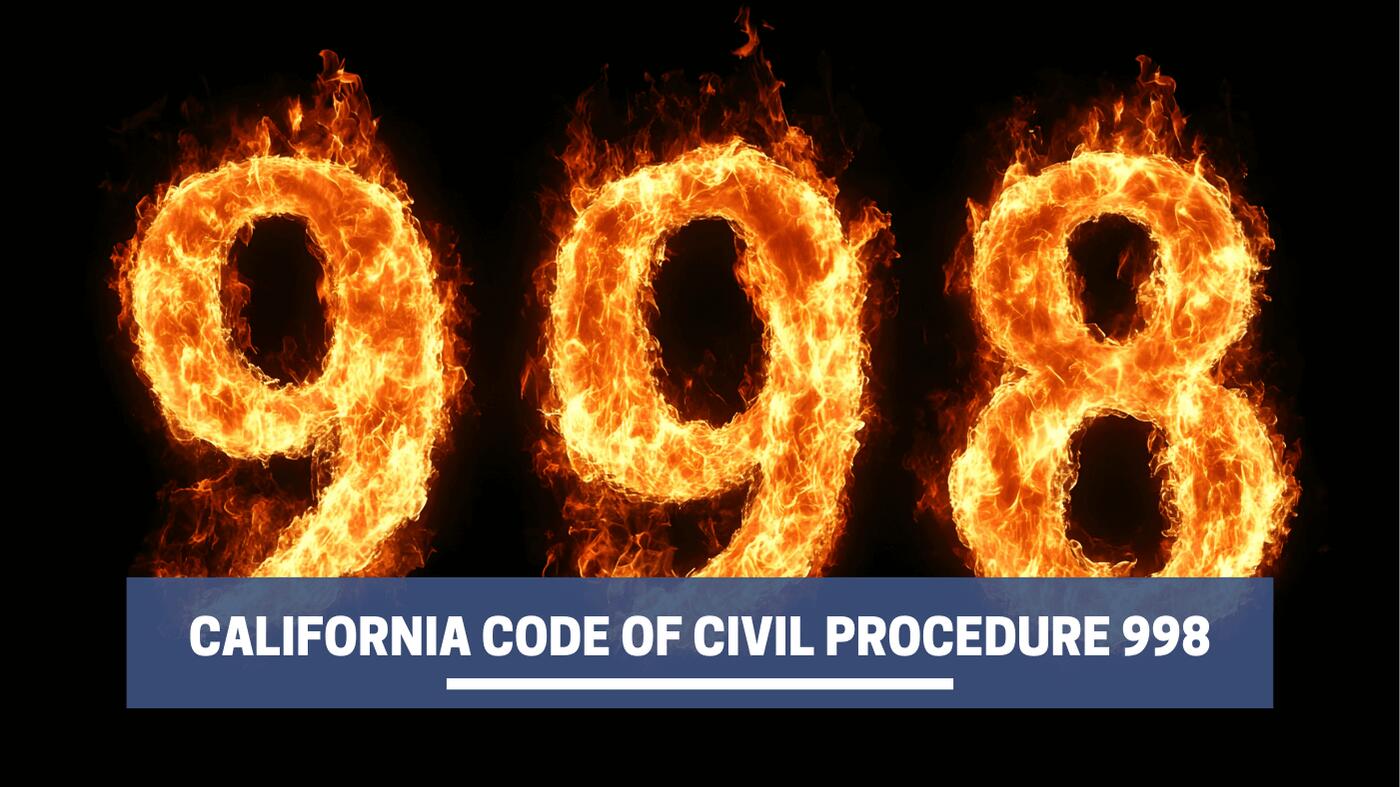Winning a personal injury settlement is a significant step in recovery after an accident caused by someone else’s negligence. The funds you receive can help you pay for medical bills and lost wages and compensate you for pain and suffering from your injuries.
However, it’s important to know that you may be responsible for paying taxes on a personal injury settlement to the IRS and the state of California. Learn about the taxability of personal injury settlement and how the Shirvanian Law Firm can help you minimize tax liability on your compensation.
Is a Personal Injury Settlement Taxable?
In most cases, personal injury settlements are not taxed. However, the IRS tax code provides exceptions that allow for taxation based on particular circumstances.
Yes, in most cases, your personal injury settlement is taxable under IRS and California rules. The IRS outlines its personal injury settlement tax rules in Publication 4335, detailing the taxability of personal injury settlement, including which damages are considered taxable and which aren’t.
In California, the state’s Franchise Tax Board (FTB) levies a tax on portions of received settlements, considering them a form of income. Personal injury settlement taxes enacted by the FTB closely mirror those required by the IRS.
What is the Federal Tax on a Personal Injury Settlement?
While you can keep the majority of your personal injury settlement funds tax-free, the IRS imposes taxes on the following damages:
- Deducted medical expenses. You must pay taxes on medical expenses that you paid for more than one year and claimed as itemized deductions on your previous years’ taxes. Typically you pay pro rata taxes on the deducted expenses.
- Non-economic damages. You wouldn’t owe taxes on the funds if you received a settlement for mental anguish or emotional distress from your physical injury. But you may owe some taxes if you won these damages for another reason, such as witnessing a car accident.
- Lost wages. If you win damages for lost wages, you are responsible for paying taxes due to the Medicare and Social Security you’d have paid if you earned them at your job.
- Excess property damages. Settlements that cover property damage aren’t generally taxable; however, if you win damages that exceed the adjusted basis value of your property, you must report the earnings as regular income and pay taxes.
Do You Pay Taxes on a Personal Injury Settlement in California?
Just as you must report certain portions of your settlement as income to the IRS, you must also report the information to California’s FTB. The FTB offers guidance to California residents on how to report income to the organization to avoid fees and penalties.
Because the taxable portions of your personal injury settlement, such as monies you received for lost wages, are considered income, you should familiarize yourself with the state’s income reporting requirements upon a settlement award.
Do You Pay Tax on Personal Injury Settlement for Punitive Damages?
Punitive damages are rare in California; however, if you win punitive damages, you must report them to the IRS as other income. Punitive damages are fully taxable, as is the interest you receive on your settlement.
Maximize Your Settlement With Shirvanian Law
Although you may likely have to pay tax on a personal injury settlement, you can work with your attorney to maximize the portions you keep tax-free. A knowledgeable lawyer from Shirvanian Law can help you structure your settlement to minimize your annual tax liability. They can also seek tax-free damages, such as medical bills or non-economic damages from your inquiries.
Contact The Shirvanian Law Firm today to learn how they can help you receive maximum compensation for injuries you sustain in a personal injury accident.
Disclaimer: Please speak with your CPA for specific tax advice regarding your settlement and potential tax liability.











